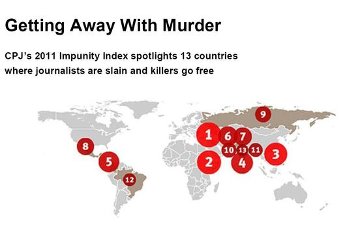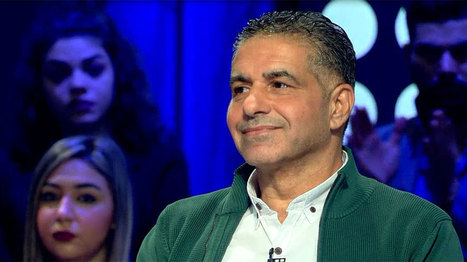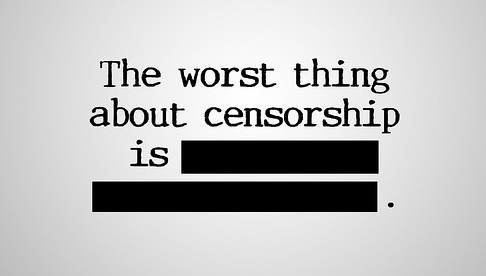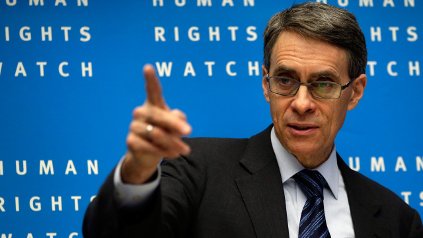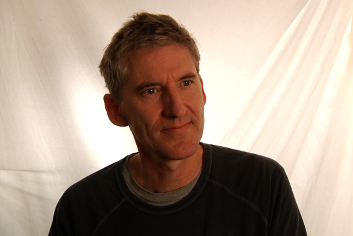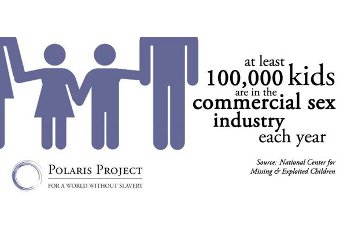For Antonio “Toño” Zúñiga, the nightmare began on the morning of December 12, 2005. Walking to the Mexico City plaza where he sold used video games, Zúñiga was arrested by a trio of police detectives and swept into their car. Despite the absence of physical evidence and an airtight alibi, he was charged with and later convicted of murdering a young man a half mile from where he worked and sentenced to twenty years and six months in prison. For Zúñiga, as for so many others caught in the maw of Mexico’s troubled criminal justice system, that would have been the end of it had it not been for two young Mexican attorneys and social science researchers, Roberto Hernández and Layda Negrete. Working in part with a grant from The William and Flora Hewlett Foundation, the self-described “lawyers with cameras,” produced Presumed Guilty, a 90-minute documentary that used Toño Zúñiga’s story as a vehicle to tell the larger tale of how justice works -or doesn’t- in Mexico. In Presumed Guilty, the lawyers-turned-filmmakers recount the workings of a system where there was no presumption of innocence for defendants, no oral trials, and little use of physical evidence. Many, like Zúñiga, were convicted on the word of a single accuser in a written document which, of course, precludes cross-examination. Most never appear before the judge who convicts them. Conviction rates hover around 90 percent.
Related Articles
and the gay rights in Russia
informative and inspiring : 38 festivals to choose from
the Ella Baker Center for Human Rights
Impunity, a film about Colombia
and the links of crime and politics
Does everyone really have the right to work?
Abdullah Al Nasser, author and Founder of « Edmaj » in Jordan, writes at OLBIOS on the employment rights of former prisoners
Is your country censoring you?
discover an original project
meet Kenneth Roth
Junior Smart and the problem in Britain’s criminal system
the excellent work of REPRIEVE
How do you put an end to human trafficking?
Derek Ellerman and the Polaris Project
![]()
STAY IN TOUCH
SUBSCRIBE TO OUR NEWSLETTER
AND RECEIVE OUR LATEST STORIES




